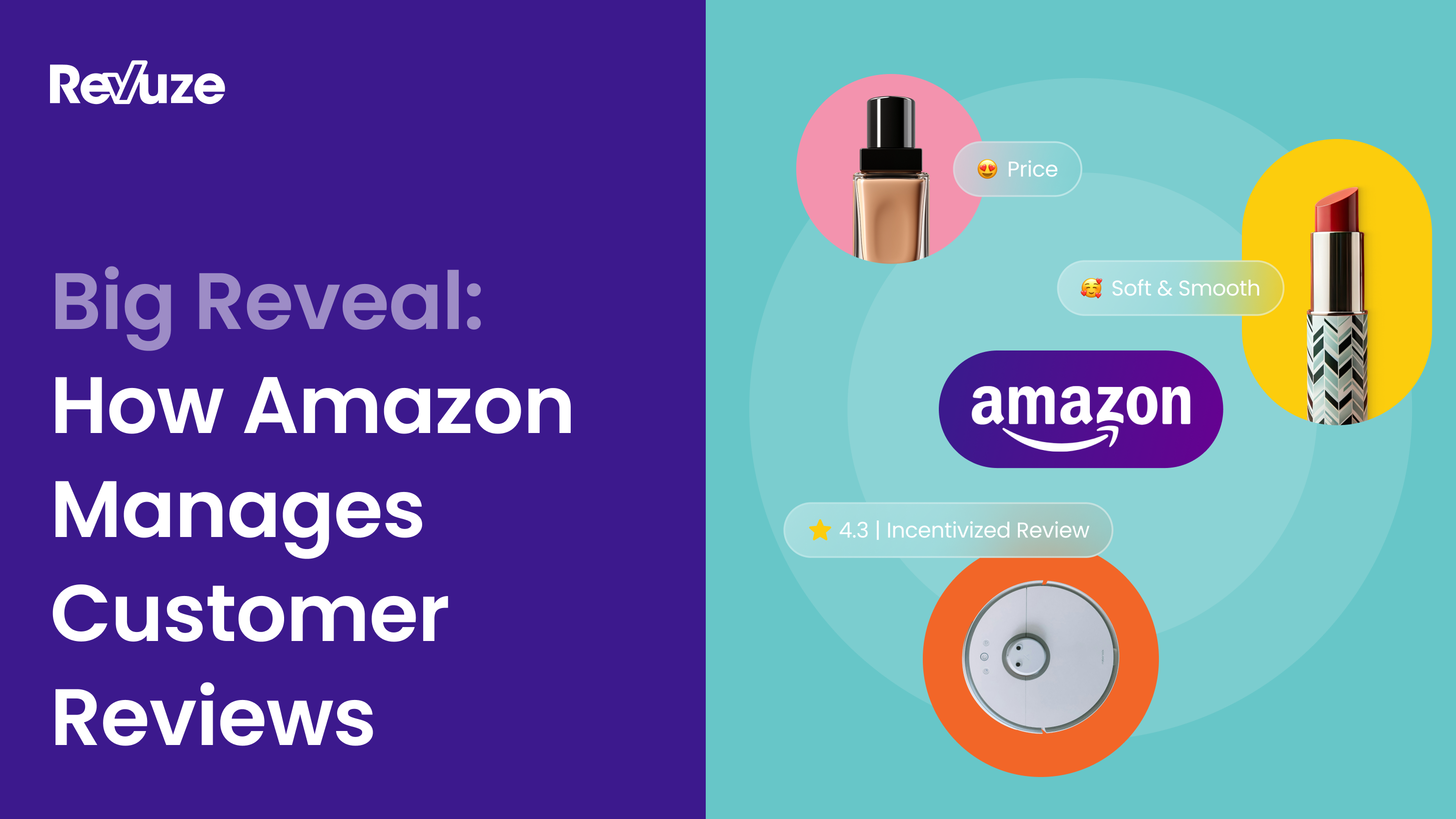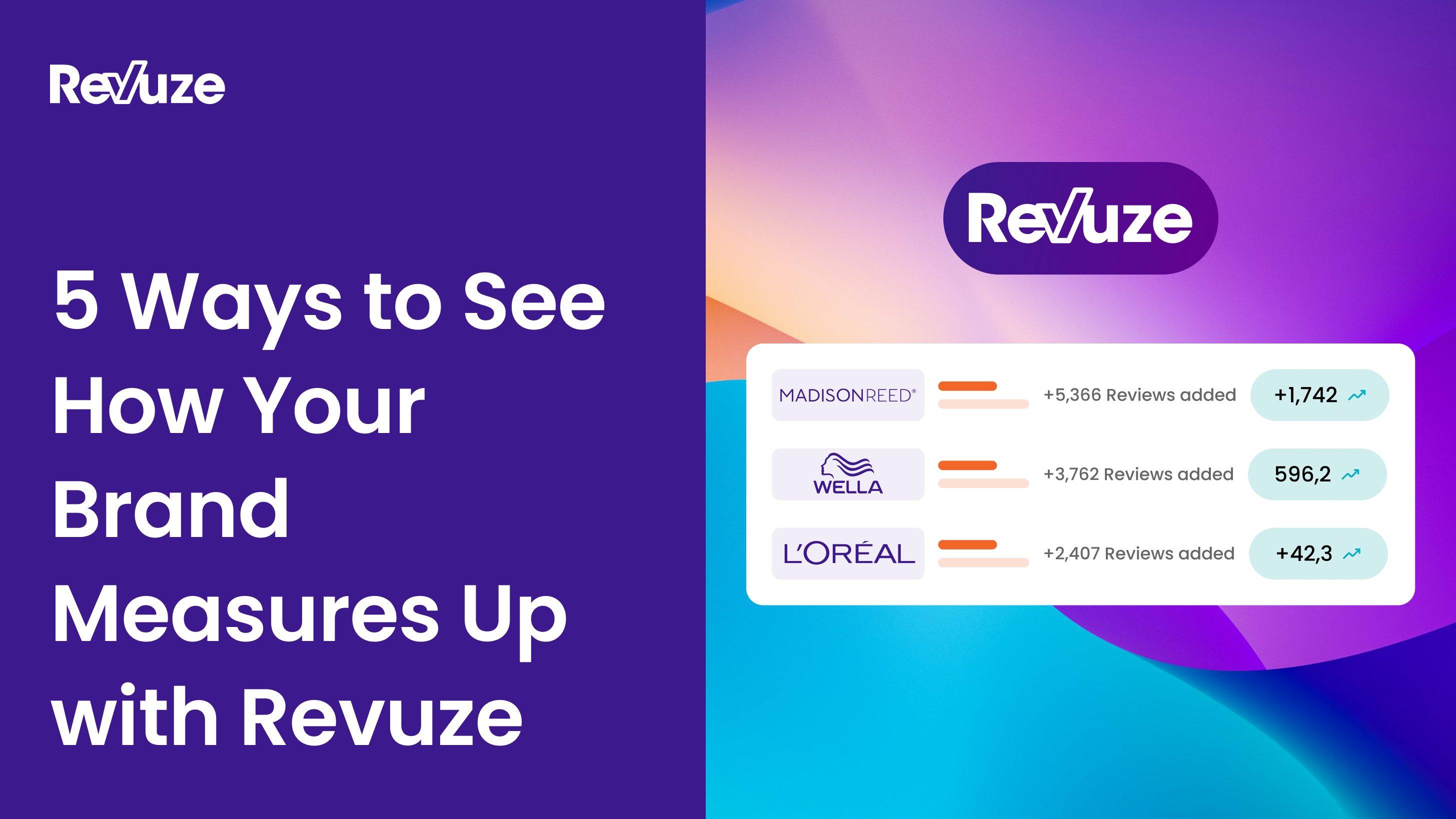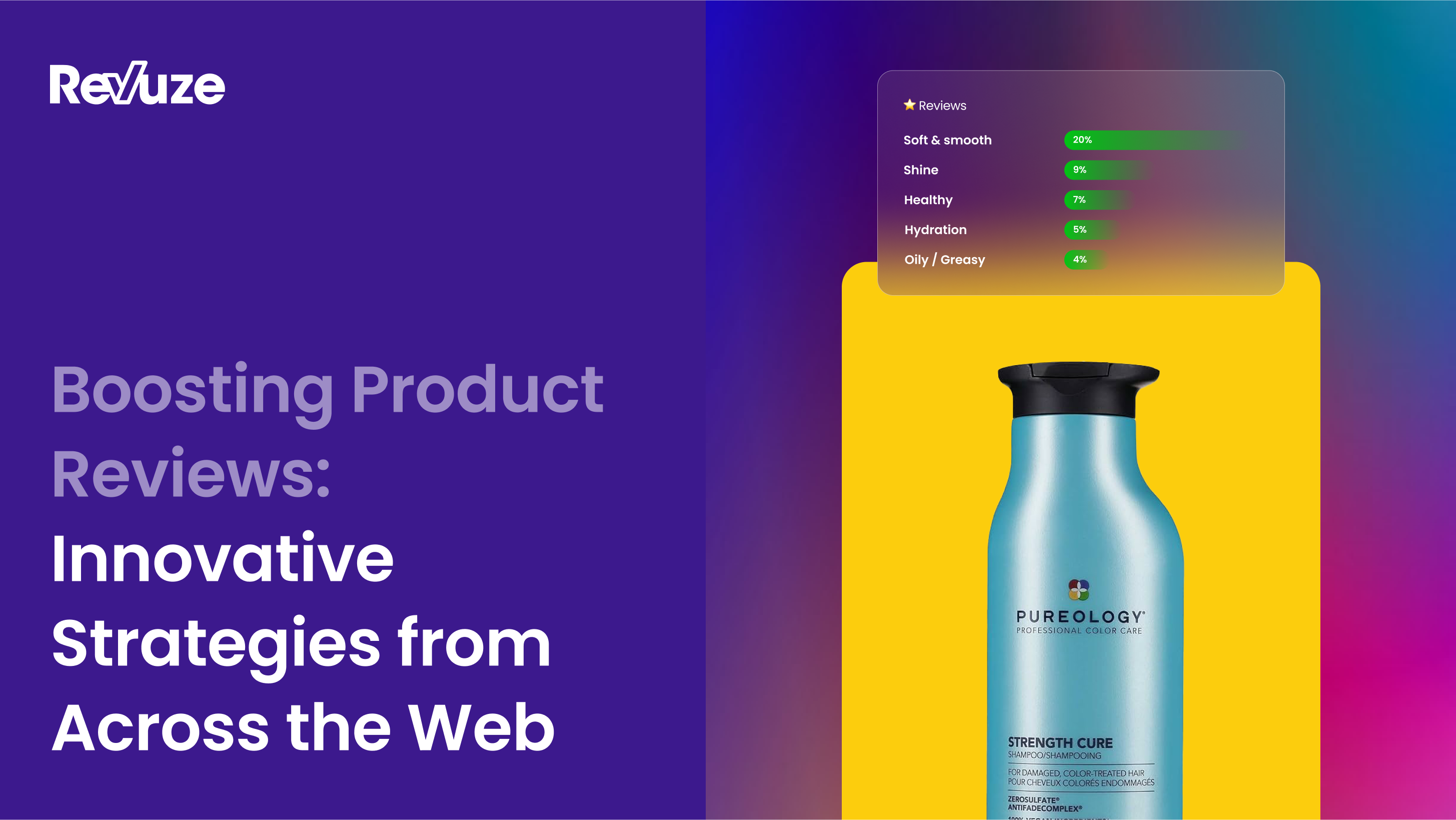
Wanna buy something? Books? Cosmetics? Appliances? The first stop for most consumers is hands down Amazon. With over 20 sites around the world, marketplace sellers, and robust product variety, it’s no wonder that it’s consumer’s number one destination. But that’s not the only reason–Amazon has been successful in cultivating trust with consumers.
This is achieved primarily by encouraging consumers to leave star ratings and product reviews. Amazon continues to invest in ratings and reviews in a variety of ways. It realized early on that authentic consumer reviews close the deals. That’s why it’s no surprise that 45 product reviews are written every second on Amazon.
This blog will explore how Amazon manages customer reviews and will delve into the various strategies they’ve implemented.
Post-purchase Follow Up
Encouraging consumers to rate and post product reviews is often a challenge. In many cases, once a consumer completes a purchase, there’s no follow up from the retailer. According to Spiegel Research Center, “80% of online reviews originate from follow-up emails.”
And that’s precisely where Amazon stands out! It has created a well-oiled machine to proactively solicit product rating reviews from customers. However, Amazon uses a number of methods to encourage consumers to share their experience with others.
First and foremost, a few days after a purchase is delivered, consumers get an email to their inbox asking to leave a product rating and review. Consumers also have the option to rate the product without leaving a review at all. This takes significantly less effort on the part of the consumer. This email not only helps get more conversions from consumers, but also ensures that the author of the review is a genuine consumer. The process also correlates to the Amazon purchase so it’s impossible to falsify.
Once the review is submitted, Amazon’s AI engine looks over the review, before publishing it on the product page (more about that later). The customer receives an email once it’s approved with the direct link to the review – this is labeled ‘Verified Purchase.’ This additional check ensures the highest level of review authenticity.
Consumers can also leave a review by perusing their past orders where they’ll find a clearly labeled CTA: “Write a product review.” Plus, consumers can always navigate to the product page where they completed the purchase and find additional opportunities to leave a review. The three options give consumers a number of paths to share their genuine experience with potential customers. Every review that a consumer shares appears on their account profile.
Vine
You think once the review is published, Amazon is done with the review contributor? That’s far from being the case. Amazon’s team monitors consumers’ contributions for frequency and quality. The top product reviewers become a part of an elite group and are invited to participate in Amazon’s Vine Program.
Vine is basically Amazon’s way of incentivizing reviews. The elite cadre of reviewers are sent free products and are asked to write genuine feedback about their experience. They can be sent products of all types to reviews This is how Amazon awards consumers’ quality review contributions. The Vine program simply encourages them to keep it up!
Vine reviews are clearly labeled as such on the product description page. The green label also shows that the reviewer received the product for free. All the reviews on the first page of this ZealSea Face Mask for instance are by Vine reviewers.
AI and Amazon Reviews
In 2023, Amazon announced that they would be using generative AI to enhance the online review experience and to prevent fraud.
They optimized the user experience by having the AI engine generate summaries of what consumers are saying about the product, and to identify some of the leading topics that emerged and color code them by sentiment. This cultivates a more pleasant buying experience, making consumers’ decision-making easier. Consumers can quickly assess what the masses say about that particular product and what the best product features are.
Below is an example of a summary for the John Frieda Frizz Ease Extra Strength Hair Serum where over five topics are highlighted positively like: Frizz, Performance, Softness, Quality, Appearance, etc. Stickiness is in gray showing that consumer opinion is neutral.
The other way Amazon is using AI technology is by preventing review fraud. This can range from review hijacking to fake reviews. The process initiates as soon as a consumer submits a review. Amazon’s AI dissects the review looking for indications of fraud: “Among other measures, Amazon uses the latest advancements in AI to stop hundreds of millions of suspected fake online reviews, manipulated ratings, fake customer accounts, and other abuses before customers see them.“
Review fraud is an increasing problem and the US Federal Trade Commission passed new regulations around the issue. For the first time, the FTC refunded money to over 30,000 consumers who purchased products from The Bountiful brand because of deceptive reviews on Amazon. This seals Amazon’s commitment to creating a relationship of trust and authenticity between itself and its customers. Amazon has been outspoken about the issue, and in the past has shared they have taken proactive steps to report fake reviews on social media.
The Importance of a 3rd-party Platform
Amazon has made tremendous strides in optimizing reviews for the sake of other consumers. Their ultimate goal is the best purchasing experience. However, how can enterprises and big brands benefit from the data trove on Amazon?
Currently the only way to access and benefit from all the consumer data on Amazon is to use a 3rd-party platform. These SaaS platforms afford enterprises the ability to view consumer sentiment for their brand or product as well as the leading topics on Amazon. They can also export the product reviews and dig into the “Why” behind consumers’ comments.
This however, is a myopic view of the market landscape. Though Amazon is one of the leading online retailers, it’s not the only channel in which consumers are making their purchases. This presents an additional challenge for big brands that ideally need to see the data for their entire category by using a platform like Revuze. Through category data, enterprises gain a better perspective of the consumer sentiment on the brand, product, and topic level. Enterprises have the unique ability to explore their own brands and products as well as those of their competitors. This ensures precision in innovation and marketing by leveraging data from consumers.
Conclusion
Amazon’s sophisticated approach to managing customer reviews is a model for the ecommerce industry, significantly enhancing consumer trust and facilitating informed purchasing decisions. Through proactive post-purchase follow-ups, leveraging AI for review authenticity and fraud prevention, and offering incentives like the Vine Program, Amazon ensures a rich, authentic dialogue between consumers and the marketplace. This ecosystem not only improves the shopping experience by making it easier for customers to navigate through products, but also plays a critical role in Amazon’s ability to maintain its position as a leader in online retail. Furthermore, the utilization of third-party platforms to analyze consumer sentiment and trends underscores the importance of data in understanding and responding to consumer needs, presenting a vital resource for brands looking to stay competitive in a rapidly evolving market landscape. Amazon’s strategies reveal a commitment to authenticity, innovation, and customer satisfaction -principles that are essential for success in the digital age.
 All
Articles
All
Articles Email
Analytics
Email
Analytics











 Agencies
Insights
Agencies
Insights